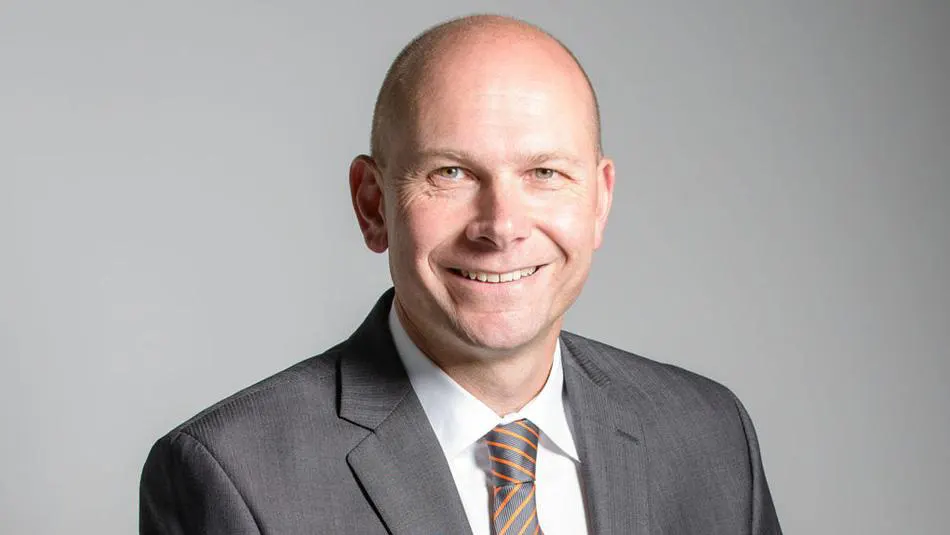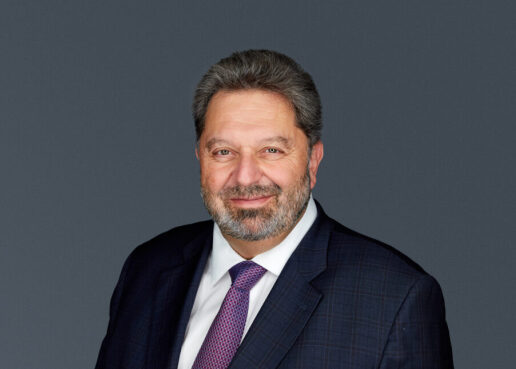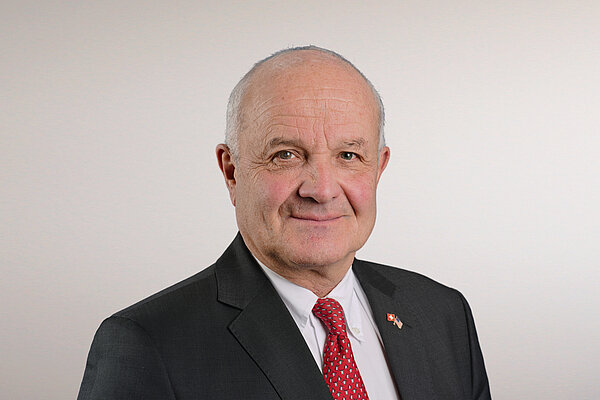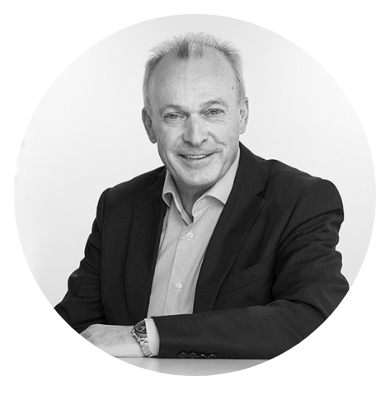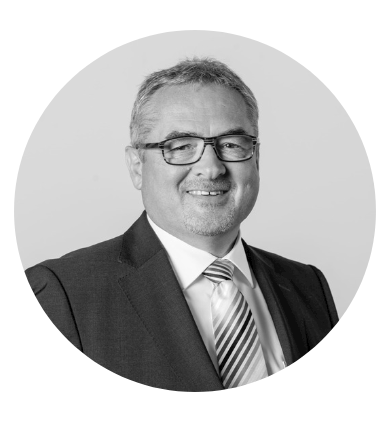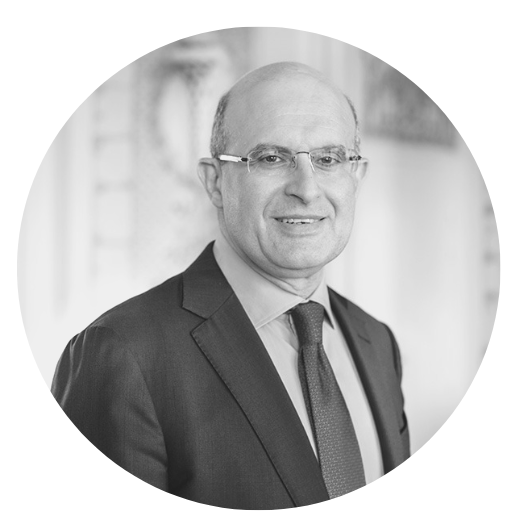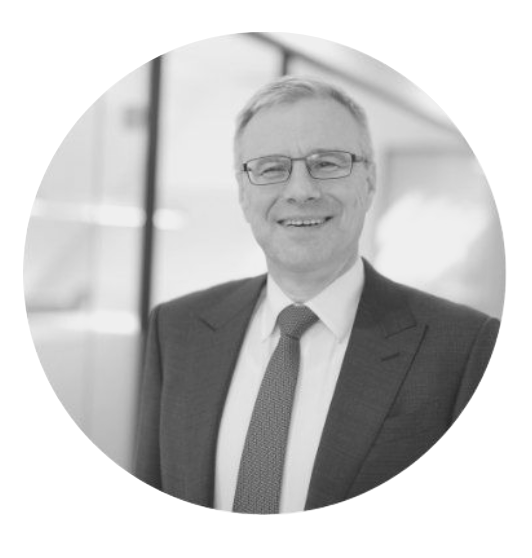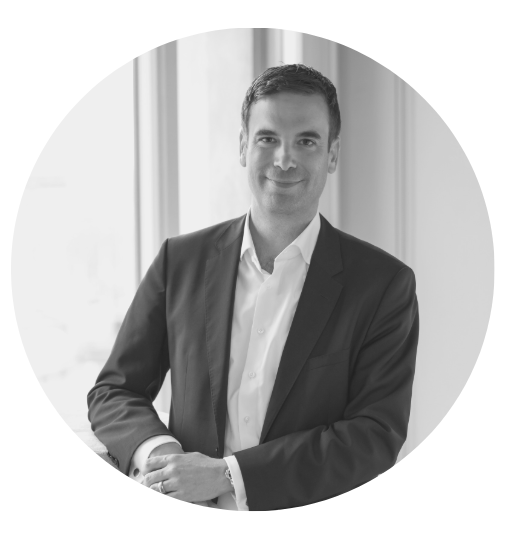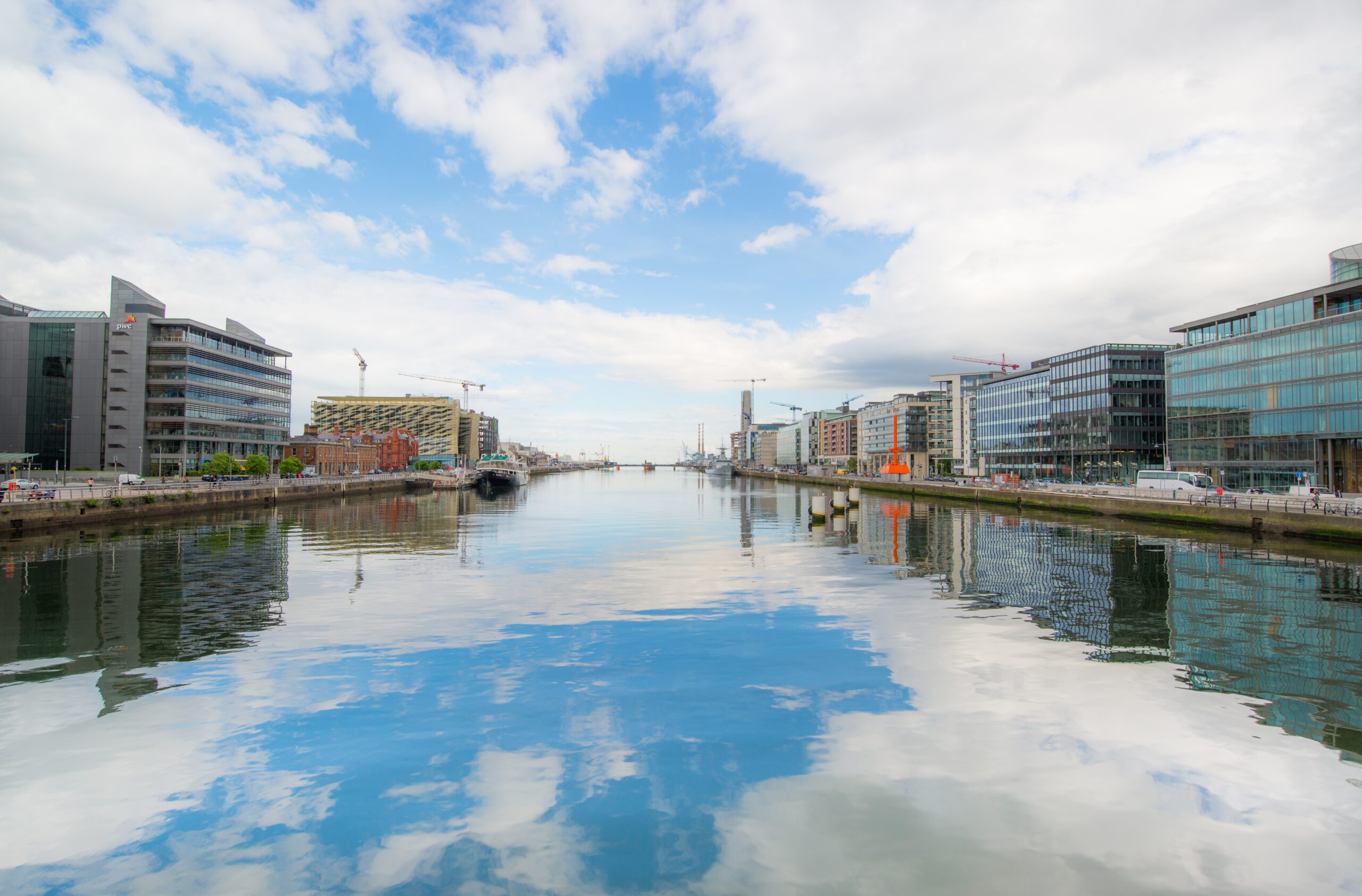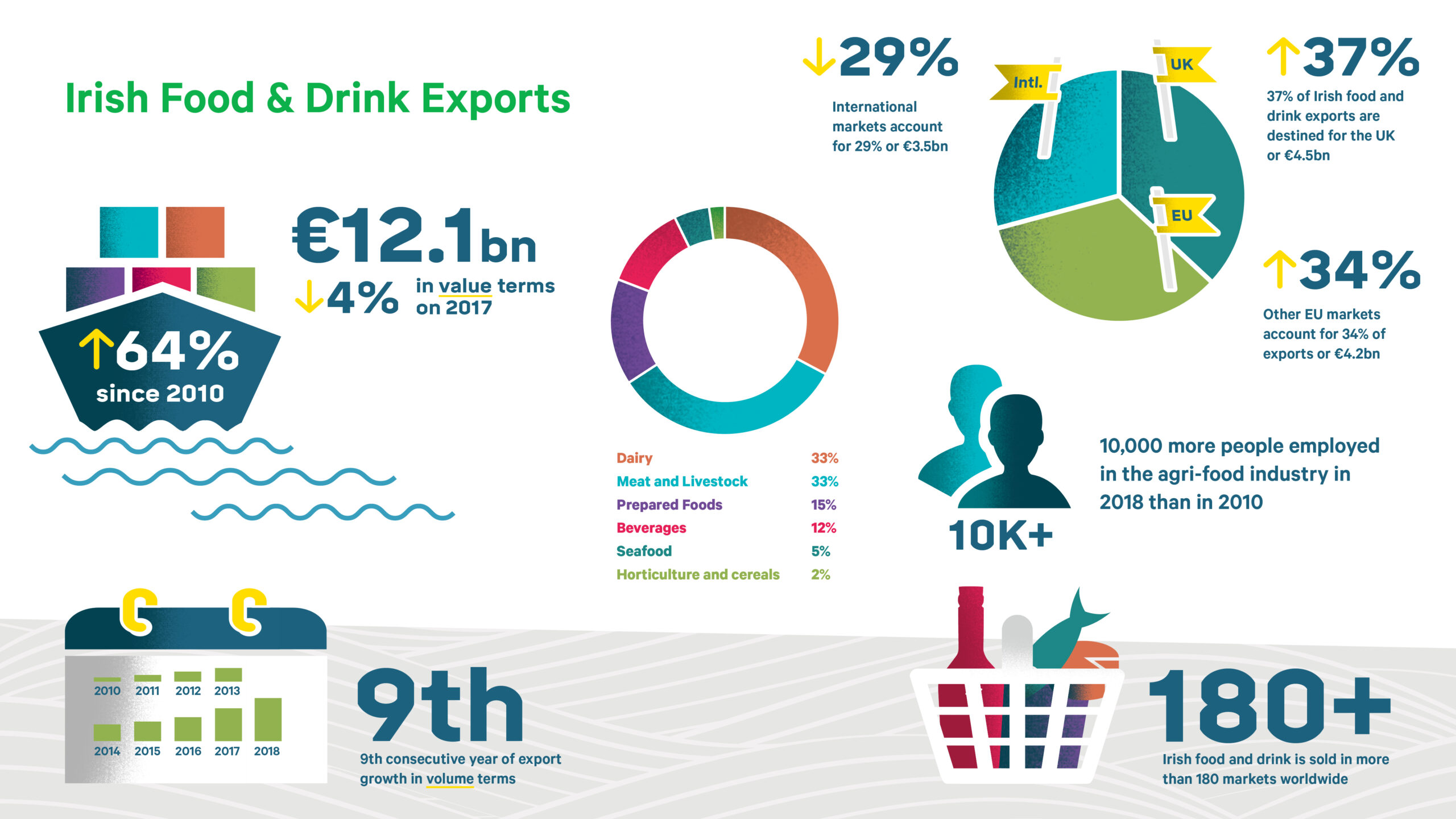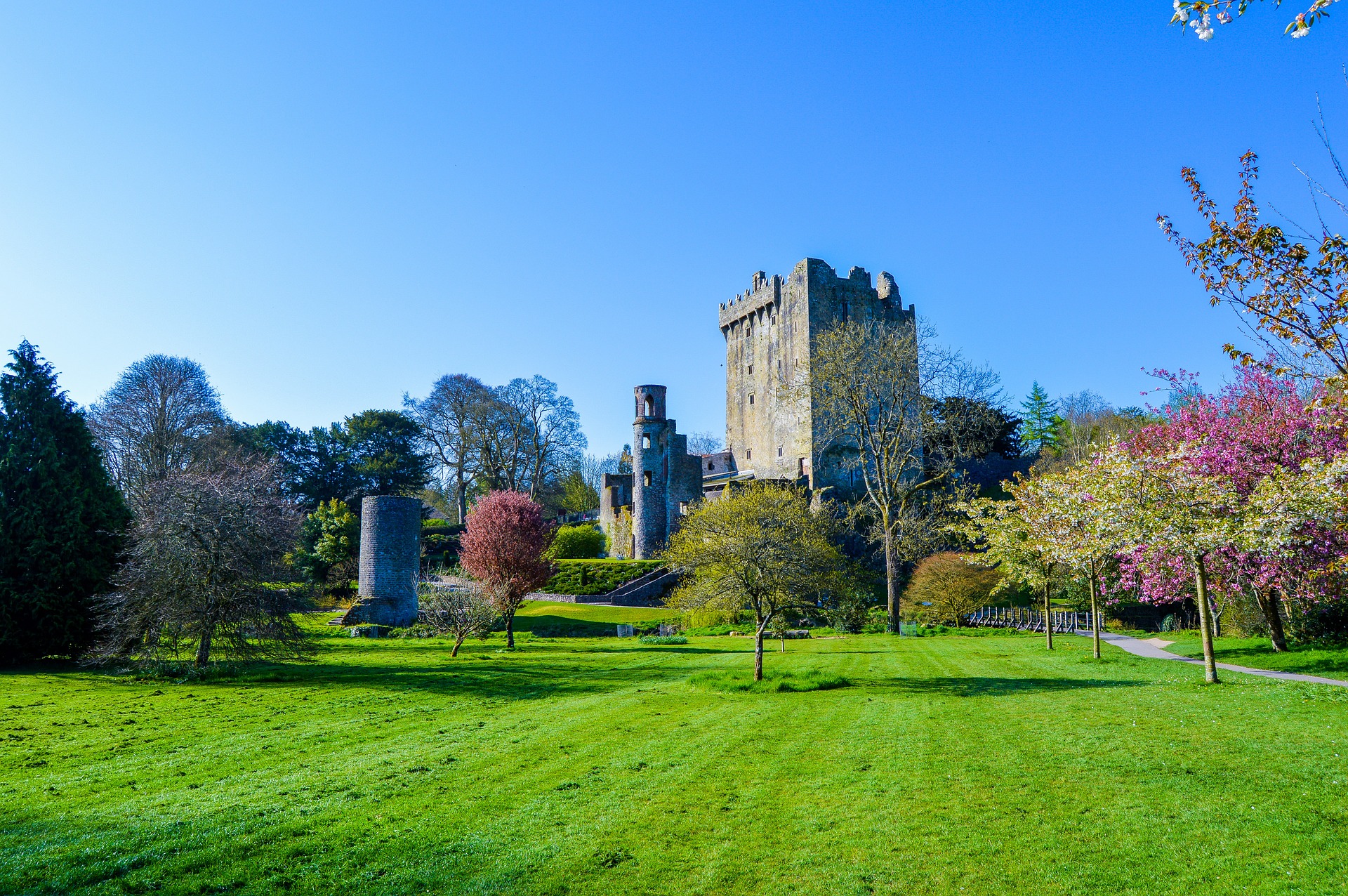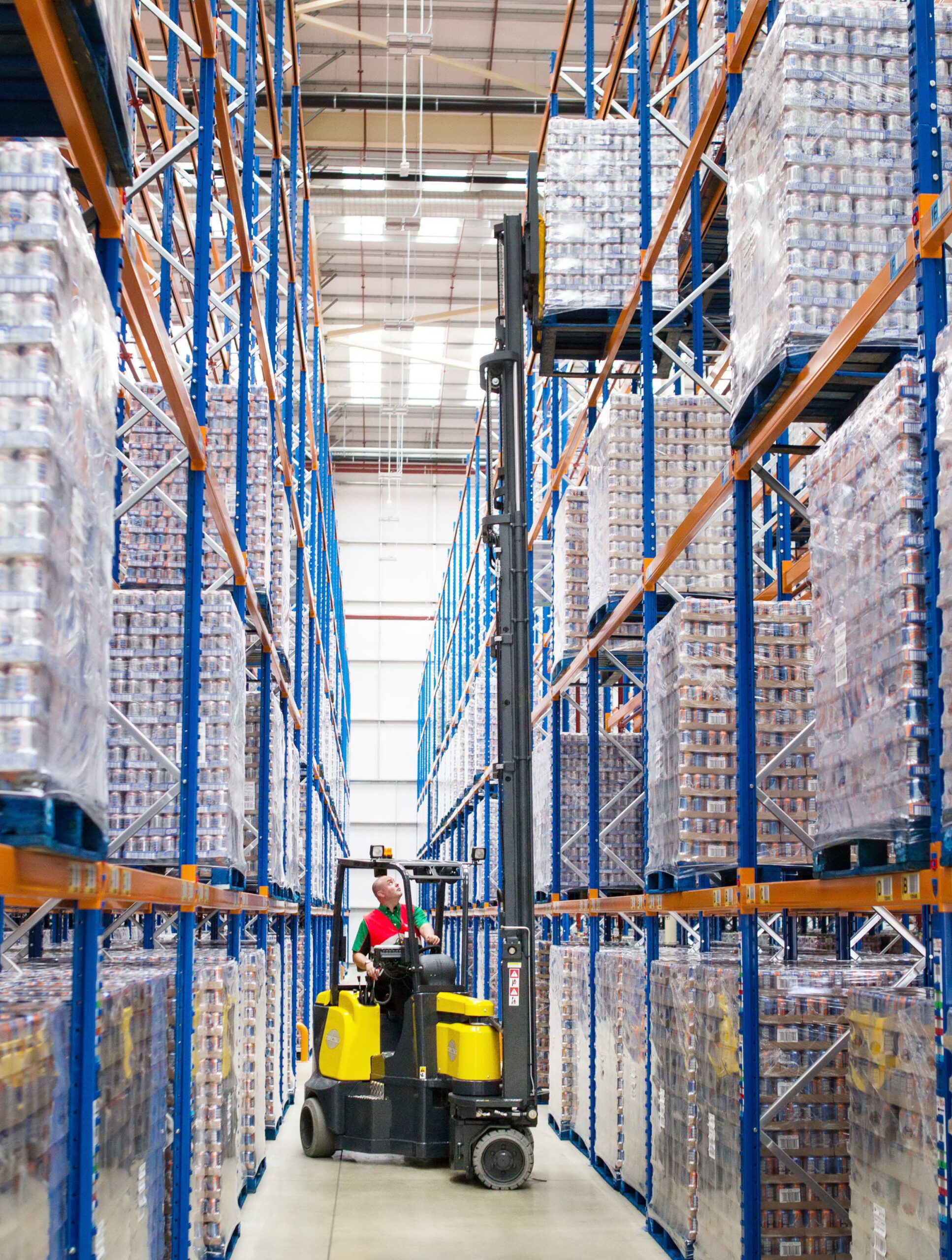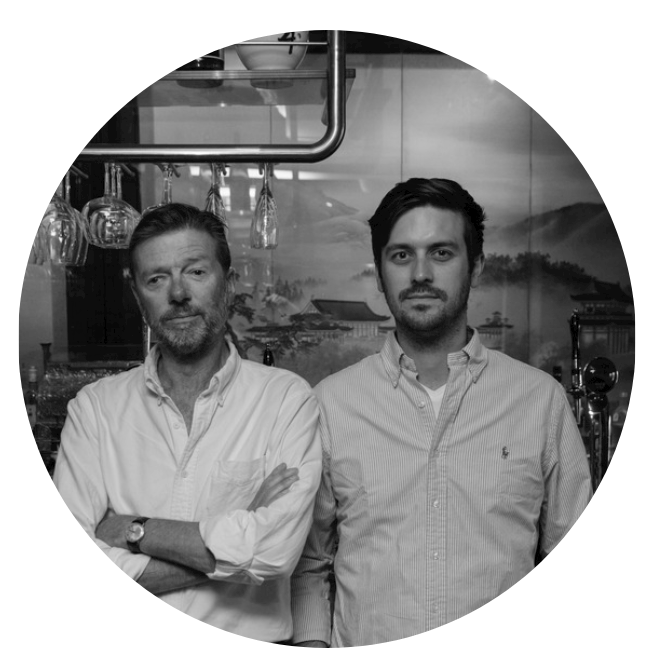For a city with a population under half a million, Geneva has more influence on the global stage than people would expect.
Within the Greater Geneva Bern Area (GGBA), lies one of the world’s most iconic and globally-minded cities. Endearingly referred to as the “world’s smallest metropolis,” Geneva is the capital of peace, the cradle of multilateralism, birthplace of the World Wide Web (the technology that made the internet accessible to everyone), and home of the luxury watch industry. As a business location, Geneva hosts over 900 multinationals and a significant number of global organizations.
Geneva is the most active multilateral diplomatic center globally, and is home to a unique network of international organizations, NGOs and 177 foreign representations. It is the birthplace of the international Red Cross, and headquarters of organizations such as the World Intellectual Property Organization (WIPO) and World Trade Organization (WTO). It holds the second-largest site of the United Nations, in addition to being host to many other entities.

It is thanks to a world-class environment with excellent infrastructure that Geneva continues to thrive as a location for international operations. After decades of attracting entities, the enduring legacy is a highly qualified, open-minded workforce. Pierre Maudet, Head of the Department of Economic Development of the Canton of Geneva, stated, “Geneva offers a safe environment for hard discussions to take place, a location for people with different ideas to seek common ground, and this base has attracted NGOs and businesses alike. We remain one of the most active multilateral diplomatic centers in the world. Everything that is done here, in Geneva, has a direct impact on every person on this planet, in any 24 hour period. Geneva is the place where technology meets humanity. We have an amazing concentration of technical capacity and humanitarian inheritance. The World Economic Forum (WEF) has become a revolutionary platform on which to discuss innovative solutions to global challenges. While the main annual meeting is held in Davos, the WEF’s headquarters and daily operations are in Geneva for the rest of the year.”
The city is also well known for its leadership in international asset management, and its private banks for their preservation of business confidentiality, reliability and state of the art anti-money laundering measures. Switzerland has nearly 10% of global assets under management, making it the third-largest financial market behind the USA and UK. This financial center has, in turn, facilitated Geneva to become one of the most important centers for the financing of commodity trading. It is now becoming a pioneering global center for sustainable finance, which already made its mark with the founding of the Sustainable Development Goals (SDG) Lab. According to Maudet, “This financial legacy and mediation culture are encouraging new financial technology companies to choose Switzerland as an incubation hub. More than 50% of global governance decisions of the internet are made in Geneva, through entities such as the International Telecommunication Union (ITU), WIPO, and other internet protocol managing organizations. These are some of the many reasons why Facebook’s cryptocurrency, Libra, chose Geneva as its base. Libra is giving a boost to Geneva’s credentials surrounding fintech and blockchain technologies.”
Within the ICT world, Geneva is notable for having been the place where the internet has been democratized. In 1989, a scientist at the European Nuclear Research Organization (CERN) proposed a revolutionary idea to develop a method for sharing information. His implemented idea evolved into the World Wide Web. Looking to the future, CERN continues its groundbreaking research. CERN, where you will currently find the highest concentration of PhD in physics holders in the world, is currently leveraging quantum technology solutions for high-energy physics, artificial intelligence, and has an active spinoff policy to promote CERN technologies.
The University of Geneva also has a vibrant ecosystem, and one of their most impactful spinoffs is ID Quantique, a company developing quantum-safe network encryption solutions to improve – by design – cybersecurity. Maudet stated, “Geneva area is home to over 1,000 ICT companies that are consistently furthering global digitalization in ways that will transform the future, and the Canton of Geneva will continue to facilitate innovation within the clusters to ensure they remain competitive going into the future. We are creating a multifaceted approach, welcoming small and large companies from a variety of sectors.”
Within this active and versatile environment, many other clusters have formed. Traditional academic institutions like the University of Geneva, University of Lausanne, and EPFL are thriving in the region and consistently providing high-level human capital. Life science companies are growing, while building a network in partnership with leading research centers to further knowhow on medtech, biotech, and pharma. Many complementary centers are sprouting, such as the recently inaugurated Campus Biotech. It is a Swiss center of excellence in biotechnology and life science applied research, focusing on neuroscience, neurotechnology, digital health, and global health. According to Maudet, “Fostering a diversified high value-added cluster network is of crucial importance for the competitiveness of our region. We strive to ensure new clusters find a supportive ecosystem that will allow them to grow. It helps that the World Health Organization is based in Geneva, and allows for a well-connected network between government, NGOs and private initiatives.”
Gilbert Ghostine, CEO of Firmenich, the world largest privately-owned fragrance and flavor company, underlined the importance of yet another global industry. He stated, “The Silicon Valley of fragrances is in Geneva with the global leaders of perfumes and taste ingredients, Givaudan and Firmenich, based in the Geneva region. The ingredients our industry creates are used by four billion consumers daily around the world. Geneva’s competitiveness as a business location has played no small part in supporting our growth ambitions.”
In addition to being an active business location, the city offers vast tourism opportunities. The 450 foot “Jet d’eau” fountain in the very heart of Geneva is one of the city’s most famous tourist landmarks, and became a hotspot for visitors as early as 1890. Today, water-taxi’s and cruises enable visitors to experience the city and the fountain from different angles. Visitors also often stroll the Grand-Rue, a well-maintained street where Jean-Jacques Rousseau was born. The oldest square in the city is the Place du Bourg-de-Four, and the nearby St. Peter’s Cathedral in the old town are also popular destinations.
Another tourist location is the large flower clock, Horloge Fleurie, inside the English Garden, which is a symbol of the Geneva watch industry. Mechanical timepieces have a deep-rooted tradition in Geneva. Watchmaking arrived alongside Huguenot refugees in the 16th century. This art form developed thanks to the city’s goldsmiths, who strove to provide unique heirlooms at a time that strict cultural rules rejected any display of wealth and jewelry was banned. This ancestral skill evolved over the centuries, spread across the regions, and is now synonymous with the entire country. As for other areas of excellence, such as banking and “good offices”, Geneva has always held the role of “incubator” of ideas and knowledge in the history of Switzerland: all passed through Geneva before spreading to the rest of the country.
Maudet highlighted, “As a business location, residents and visitors value the close proximity of the international airport, being only three miles from the city center. Geneva has thirteen five star hotels concentrated in a tiny geographic area, the highest concentration globally.” With its solid infrastructure, excellent academic institutions and historic tourism offering, Geneva is ramping up its competitive advantages as a business location through strategic economic plans to ensure companies of the future continue to choose the city as their base.




